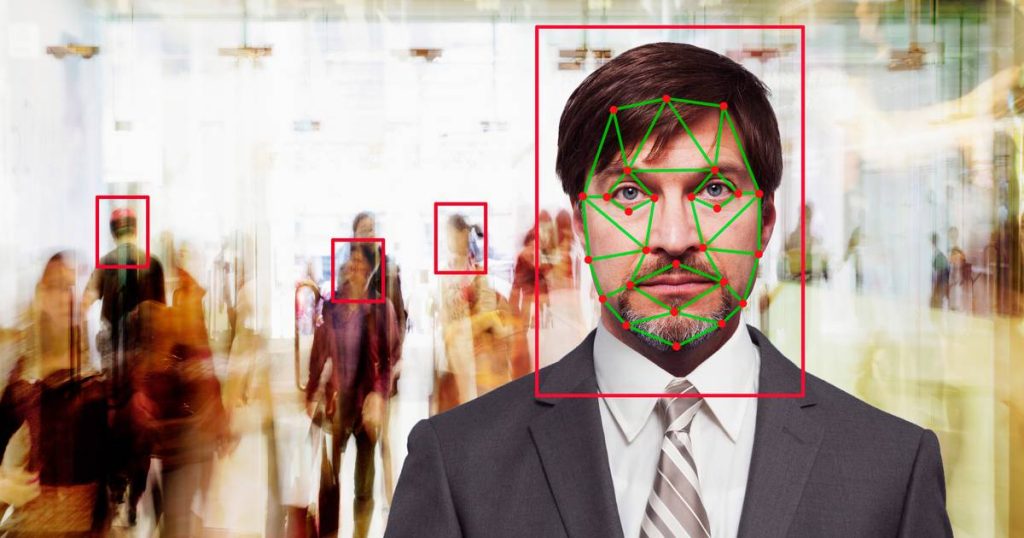Concretely, the report revolves around the use of artificial intelligence (AI) by the police and the judiciary. Members of Parliament warn that ethnic minority groups, LGBTQ+ community members, the elderly and women are currently being widely misunderstood by algorithm-driven identification techniques. Automated identification, as well as the use of databases to perform police work on the basis of behavioral data, should therefore be prohibited.
The resolution passed by 377 votes to 248, with 62 abstentions. The Social Democrats, Liberals, and the Greens together provided the majority, but the European People’s Party voted against it in droves. “On the eve of the major breakthrough of these new technologies, it is a missed opportunity not to allow our police and justice services to take full advantage of the potential of AI,” says Tom Vandenkdelaere (CD&V).
In line with the European Commission’s proposal, he wants to enable the use of AI for law enforcement, but within “a robust framework in which the security and fundamental rights of our citizens are guaranteed and monitored”. According to Vandenkdelaere, digital technologies are increasingly being used by criminals. “It is unacceptable to give them free rein and allow the judiciary to operate in a blind area.”

“Total coffee specialist. Hardcore reader. Incurable music scholar. Web guru. Freelance troublemaker. Problem solver. Travel trailblazer.”







More Stories
Bitcoin price rises after new jobs data from US
European stock markets open higher | beursduivel.be
Russia’s oil imports to China decline